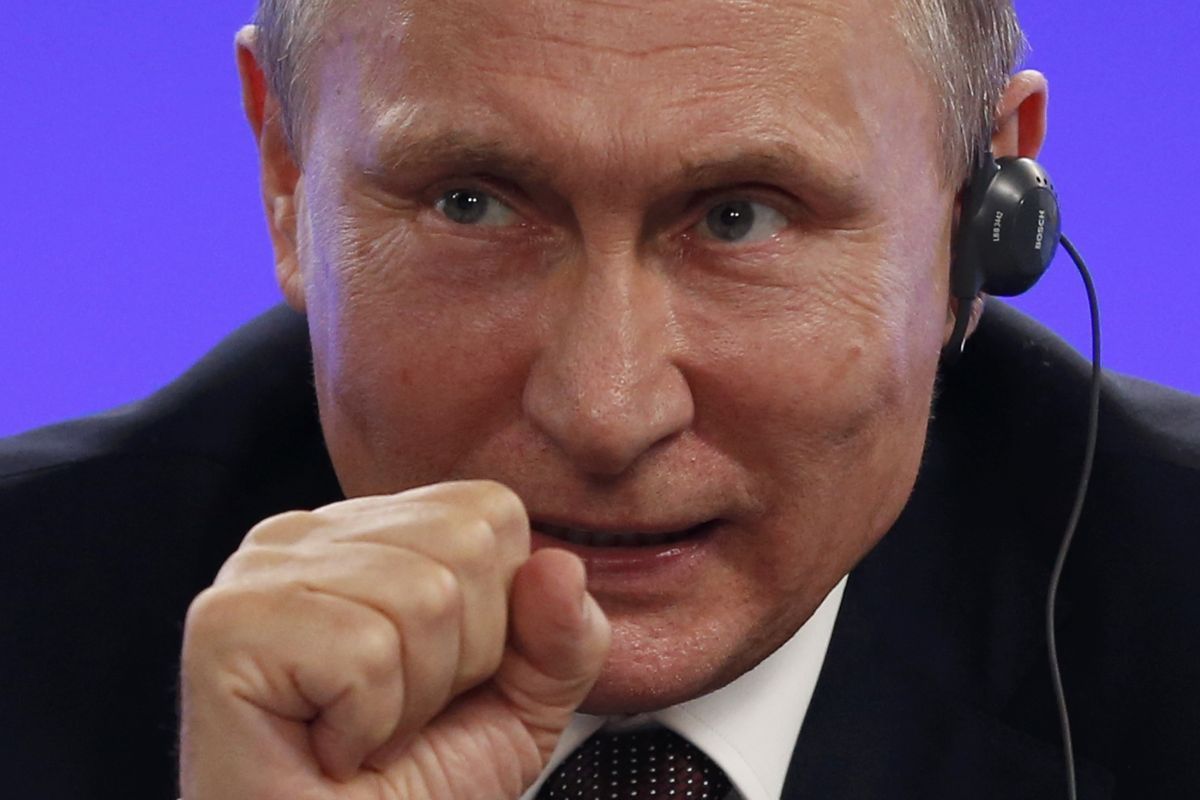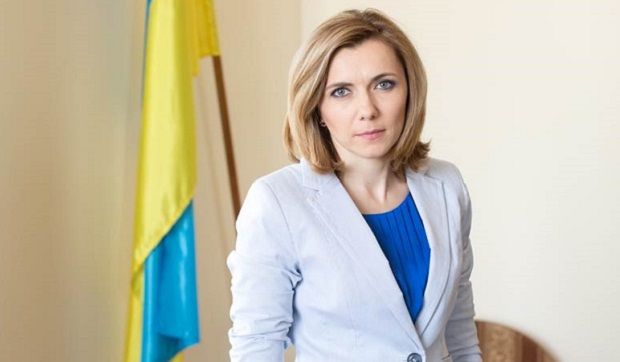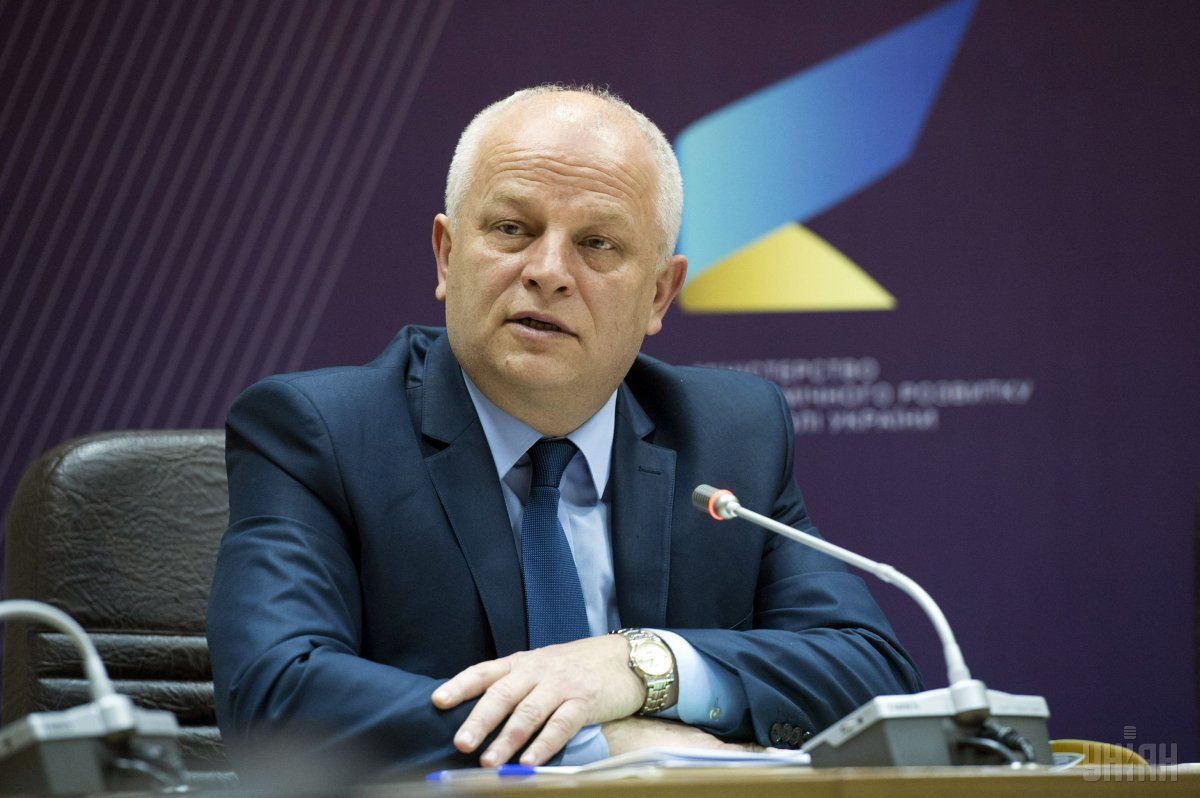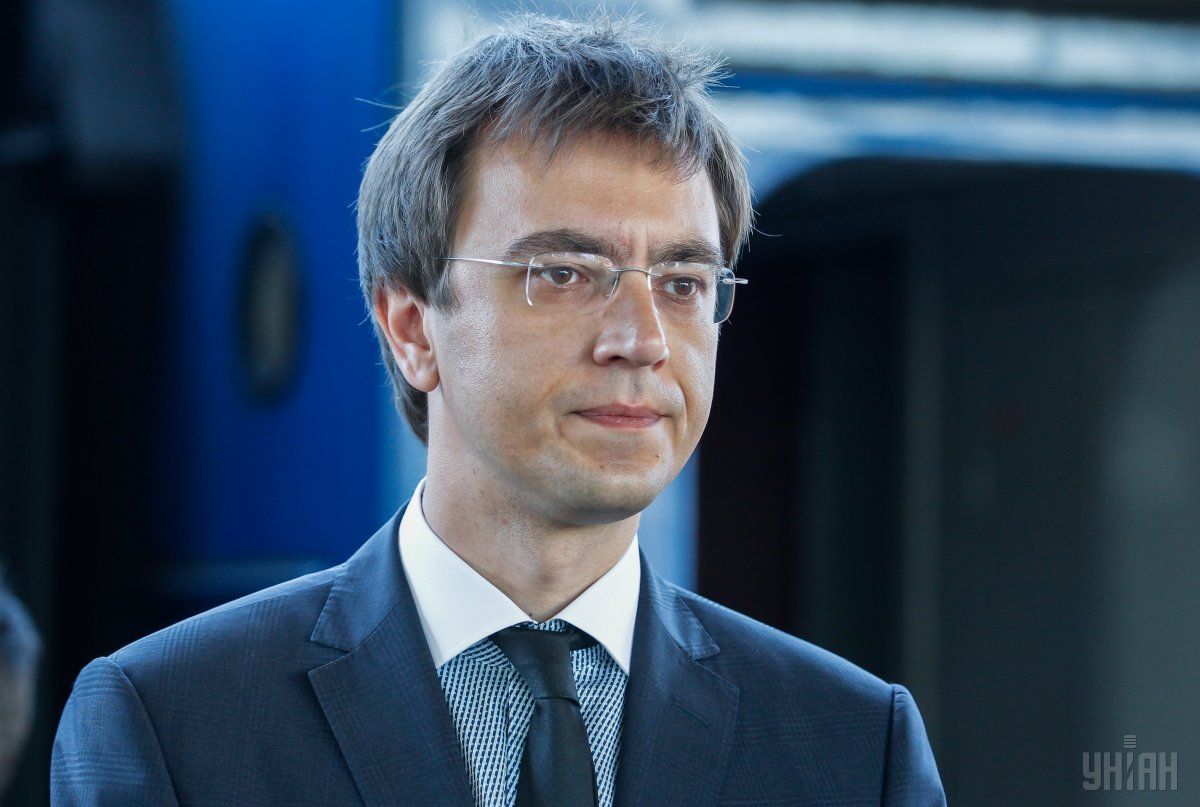
Trade War: Putin steps on Ukrainian transit
Russia, which has for years waged trade war against Ukraine, decided to boost confrontation. With another decree of Vladimir Putin having been introduced, the Ukrainian transit of goods to Central Asia can be blocked completely.
Russia introduced discriminatory restrictions against the Ukrainian exports and transit six months ago, along with the entry into force of the Ukraine-EU Association Agreement. However, their term expired on July 1, because according to the rules of the World Trade Organization the restrictions may not exceed six months.
Now Putin has decided to spit on formalities and extended with his decree the restrictions on Ukrainian exports until the end of 2017, which is clearly contrary to all international principles, including those of the WTO.
The key difference of the new package of restrictions from the previous one is almost complete blockage of transit opportunities to Kazakhstan and Kyrgyzstan, and hence the other countries of Central Asia.
"Objectively, we are talking about an almost complete halt of Ukraine’s transit to Kazakhstan and Kyrgyzstan," said Trade Representative of Ukraine Natalia Mykolska.
At the same time, according to the State Statistics Service, Ukrainian exports to these countries last year amounted to nearly $800 million, and in January-April 2016 – to $130 million. The implementation of the presidential decree would mean the loss of Ukraine’s important trade partners.
A second major distinction of the new Russian restrictions is the ban on bringing into the Russian territory of goods, which are somehow taxed in Russia. Previously, the restriction had only been introduced to goods falling under the Russian "food" embargo.
"These restrictions by the Russian Federation are opaque, unjustified, and discriminatory, thus violating the obligations, taken in particular within the framework of the World Trade Organization and the Free Trade Zone Agreement from October 18, 2011," UNIAN has learned from the Ministry of Economic Development and Trade of Ukraine.
According to the operational headquarters set up to monitor the situation with the Russian trade restrictions, customs authorities actually began to execute Putin's decree on July 5 – on this day, 43 trucks and 22 railcars with Ukrainian goods were detained at the Russian border. And it seems that this is only the first step.
Who can "put pressure" on Russia
An important aspect of Putin's decree is that the restrictions apply not only to the goods of the Ukrainian origin but also to goods from other countries.
"In fact, the prevailing restrictions impede global trade routes between Europe and Asia," said Mykolska.

According to UNIAN’s source in the Ukrainian government, Putin's decree in the latest version has caused serious backstage dissatisfaction among the leadership of Kazakhstan.
"In Kazakhstan, they perceive these restrictions as "you will import what we (Russia) tell you. Some serious debate is underway there," said the source.
However, it is still unclear whether the dissatisfaction expressed by Kazakhstan will transform into any harsh statements and concrete action. However, Ukraine’s Economy Minister Stepan Kubiv during a meeting with the Ambassador of Kazakhstan to Ukraine, Samat Ordabayev, urged him to demand from Russia to lift restrictions on the transit of Ukrainian goods.
Due to the uncertainty regarding the official position of Kazakhstan, it’s the EU which can become an important ally in a trade war with Russia, as Brussels has previously acted in support of Ukraine in the WTO, as well as directly at the level of the European Commission.
But although the Ministry of Economic Development has requested EU’s assistance on the issue of lifting the Russian restrictions, the European officials are yet to voice their official position.
However, according to Mykolska, Ukraine expects to receive support from all of its trading allies at a meeting of the WTO General Council late of July and is ready to begin an official dispute with Russia in the framework of the organization.
"We want our trading partners to support us in order for Russia to cancel the measures imposed. If the Russian Federation does not respond adequately – and as we understand it most likely won’t – we are preparing a request for the initiation of the dispute (in WTO) to force the Russian Federation to lift the restrictions," said the trade representative.
As practice shows, the position of Ukraine in the trade war with Russia, as a rule, is supported by the European Union, the United States, Canada, Australia, Japan, Turkey, Switzerland, and South Korea, which looks much more impressive than "Putin’s friends" in Syria, Venezuela, or North Korea.
This balance of forces allows to hope if not for the lifting of restrictions (WTO has no legal enforcement mechanisms), then at least on some support in the shape of liberalization of trade regimes to compensate for the loss of the markets in Russia and Central Asia.
How will Ukraine respond
New Russian trade restrictions, although tough, were fairly predictable. In particular, the Ministry of Investment and Development of Kazakhstan had warned about possible problems with the Ukrainian transit late June.
The Ukrainian government has started to draft its response "mirror" measures and stated its readiness to introduce them immediately.
And this time the words were transformed into actions – the Cabinet of Ministers on July 6 decided to prolong the mirror "food" embargo on Russian goods until the end of 2017.
"The corresponding decree is being submitted for consideration due to the need to ensure the national security of Ukraine in response to the introduction by the Russian Federation of trade bans and restrictions against Ukraine," said Minister of Economic Development Stepan Kubiv.

However, a simple prolongation of the existing sanctions was not enough for the "mirror" response to Russia. Prime Minister Volodymyr Groysman appealed to the National Security and Defense Council with a proposal to decide on additional retaliatory trade measures as a soon as possible.
"The Cabinet appealed to the NSDC to consider [the issue] as quickly as possible and take a decision, in order to adequately respond to the situation," said Groysman.
According to Mykolska, the package of sanctions against Russia is now passing the final stage of approval. But the government has not yet specified officially the nature of possible measures, citing the need for a preliminary calculation of damages and coordination with the ministries.
At the same time, the UNIAN’s source in the government said that "the Ukrainian response" may include restriction of Russian transit and customs fees’ increase, even contrary to WTO rules.
"What did you expect? Did you think we would swallow it? The response will be adequate to the damage inflicted by Russia," said the source.
Meanwhile, Ukraine's losses from trade restrictions of its northern neighbor in 2016 could rise even higher than the previously projected $1 billion in connection with the increased pressure on the part of Russia.
The complete loss of the markets in Kazakhstan and Kyrgyzstan can be prevented by using the alternative trade routes, such as through the Chinese “Silk Road” infrastructure project, which stretches to Kazakhstan, through Georgia and Azerbaijan, bypassing Russia.
"Of the alternative routes there is a variant of the "Silk Road" so far, there is the option of using the route through other transit states bypassing Russia. Certainly, this will make our products more expensive, but this is the reality of our market," Minister of Infrastructure Volodymyr Omelyan said.

According to Mykolska, cargo traffic through the "Silk Road" is so far are profitable not for all the groups of the Ukrainian transit.
Anyway, the use of an integrated approach, including the pressure on Russia through the WTO and Ukraine’s international partners, the use of alternative trade routes, and the introduction of retaliatory sanctions can be the basis of mitigating the effects of the Kremlin’s trade restrictions.
In the meantime, according to the Economy Ministry’s estimates, the loss in the Ukrainian trade volumes due to the "friendly assistance" of Russia over 2012-2015 has amounted to $98 billion, which once again confirms the importance for Ukraine to diversify markets and further minimize the share of trade ties with Russia.
Maksym Shevchenko (UNIAN)

